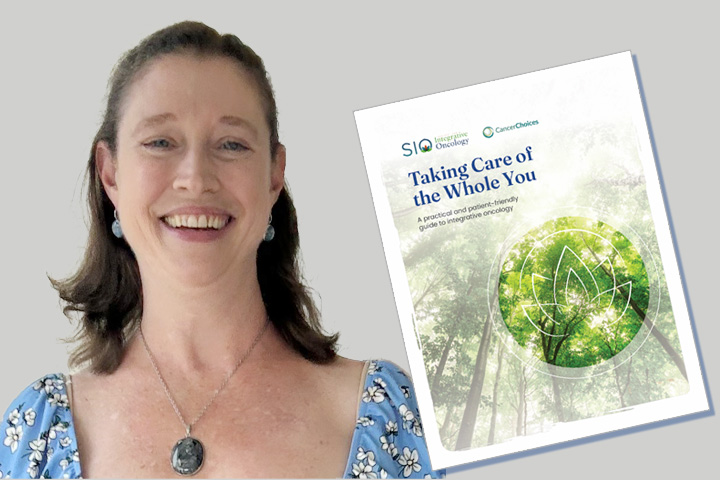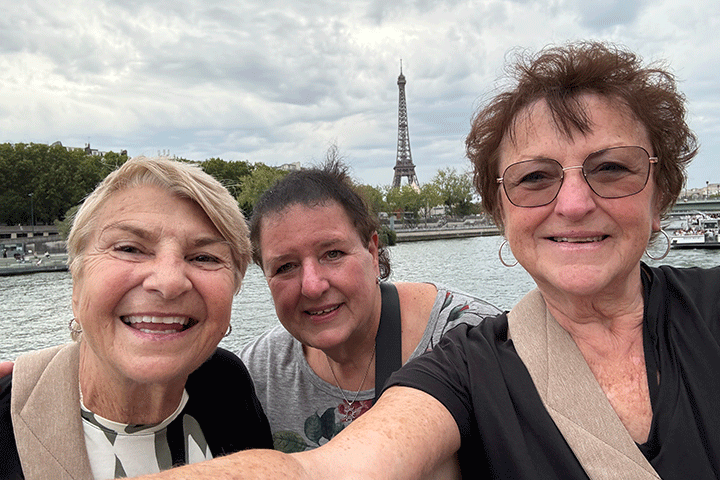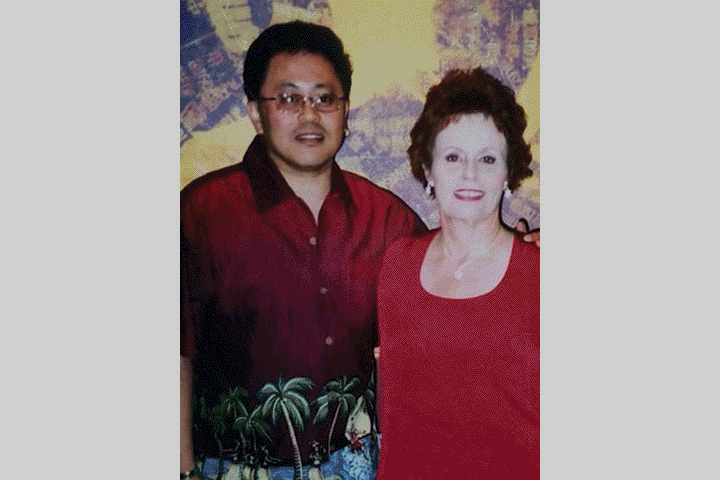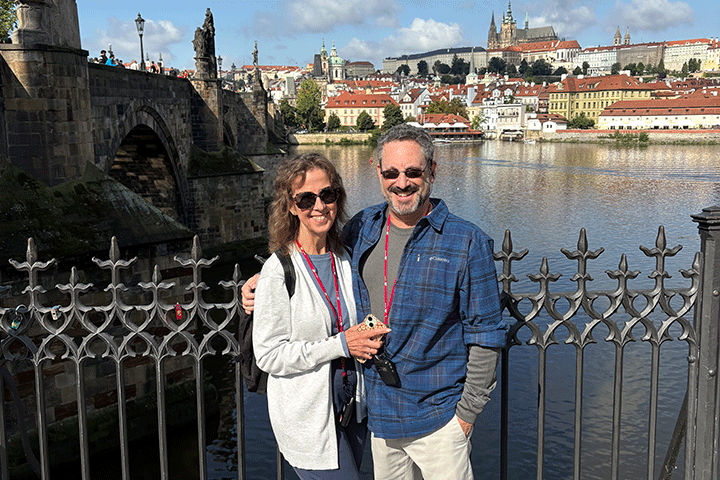Working with Oncologists Willing to Take Risks
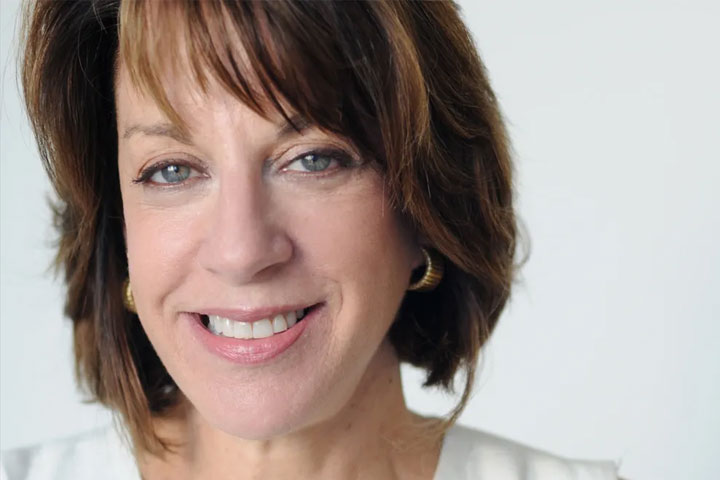
- Chemotherapy in slow and small doses
- Utilizing circulating tumor cell analysis
- Receiving synthetic vitamin D
If I could sum up my treatment it would be about change and flexibility, yet I am always searching for answers with new science.
I was diagnosed with stage IV pancreatic cancer in May 2014 at the age of 60 and given a year to live. There were no symptoms or signs, no pain or problems until I became jaundiced that May. After receiving the news, my family stunned and in shock, tried to determine the best course of treatment.
I met with an oncologist from a major cancer center and she recommended FOLFIRINOX. I asked about success rates, and she gave me anecdotal information and said since I was relatively young I could do well. She did say that the treatments were difficult to withstand. When I asked her what she would do if it were not successful, she said I would be given Gemzar and Abraxane.
A Second Opinion Leads to Slow Dosing Approach
My family and I decided to get another opinion, and with a strong recommendation from a leading radiologist in NYC, we consulted with Dr. William Isacoff in Los Angeles, a well-known pancreatic cancer oncologist.
Dr. Isacoff has a very different approach. He prescribes a combination of chemo drugs in a slow dosing regimen. He believes that the slow dosing is more effective on the tumor and with less side effects, enables the patient to live a better quality of life. Here is my Huffington Post Blog that describes the slow dosing mechanism.
I started my treatment with Dr. Isacoff on June 2014 and since I live in New York City, Dr. Isacoff recommended working with an excellent oncologist, Dr. Allyson Ocean at NewYork-Presbyterian Hospital/Weill Cornell. Dr. Ocean also is committed to using new combinations of drugs and science to deal with pancreatic cancer.
When I started with Dr. Isacoff and Dr. Ocean on June 2014, I was on a regimen of Abraxane, oxaliplatin, leucovorin, Avastin, and 5-FU. The 5-FU was given in a pump to me over a two-week period.
Still Looking at New Science
During the course of the past two years, I have done well and treatment has changed a few times. Dr. Ocean and Dr. Isacoff shape my treatment using investigational research of Dr. Mark Ricigliano, a pioneering scientist who has developed a process for analyzing the circulating tumors in the blood. Through a simple blood test, his process determines which medications have the most impact on my tumor. Because the tumor sensitivity may change over time, the medications for my treatment may change as well.
Dr. Isacoff and Dr. Ocean work with this information to shape my protocol and continue to test and see if it is effective. Here is the Huffington Post blog on Dr. Ricigliano which describes his research.
Currently my treatment is Gemzar, cisplatin, mitomycin C and Xeloda.
In addition to these medications, I am also receiving synthetic vitamin D. This is based on the research of Dr. Ron Evans at the Salk Institute. Here is my Huffington Post blog that describes Dr. Evans’ research.
Although clinical trials on vitamin D will not be completed for some time, my doctors believe there is no risk in taking it now.
I am grateful to be working with these incredible doctors and scientists to press the edges of what is possible in pancreatic cancer care.
In a month, it will have been two years since my diagnosis, I am feeling well and living a full life.
Anne passed away after an almost three-year battle against pancreatic cancer. Let’s Win is her legacy to other patients, caregivers, doctors, researchers, and scientists. We honor Anne as we continue to grow and move forward. Learn more about Anne’s life and good works in a tribute by Seth Arenstein, “An Exemplary Life: The PR Lessons Anne Glauber Left Us.”
To learn more about the types of treatments Anne used, read the stories “Personalizing Pancreatic Cancer Treatment” and “Low-Dose Continuous Chemotherapy as part of a New Combination of Drugs.”


